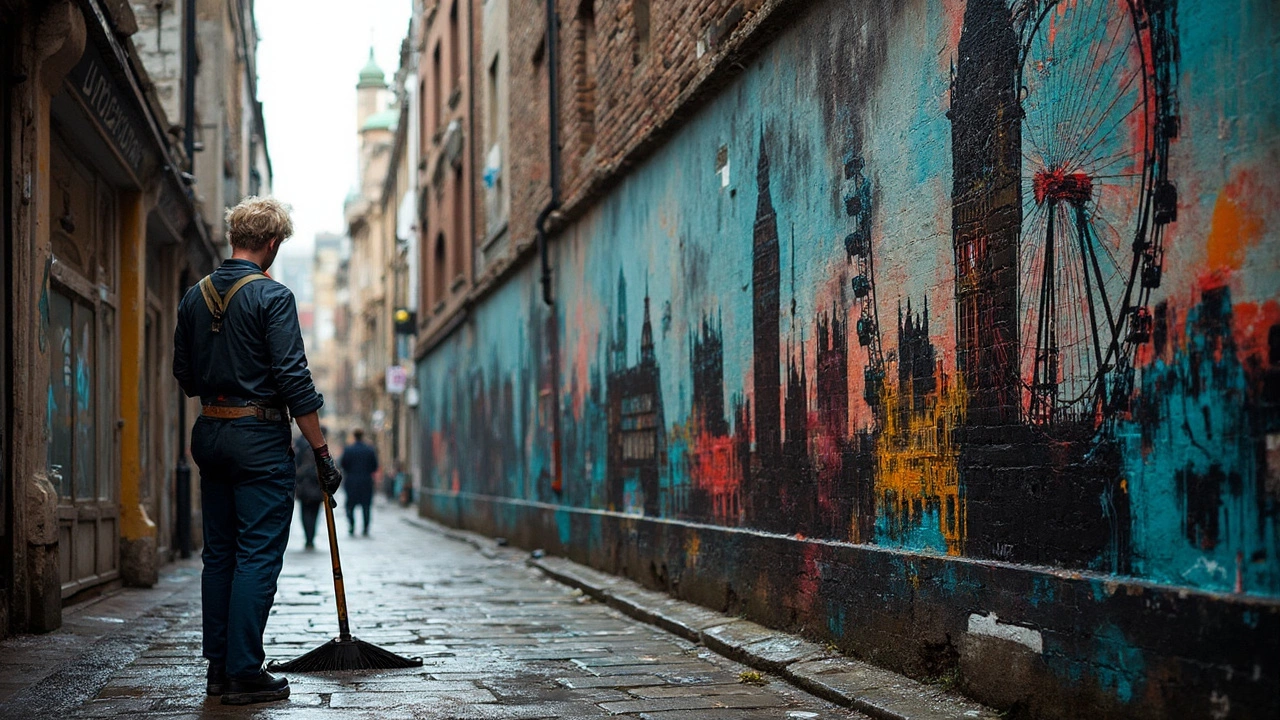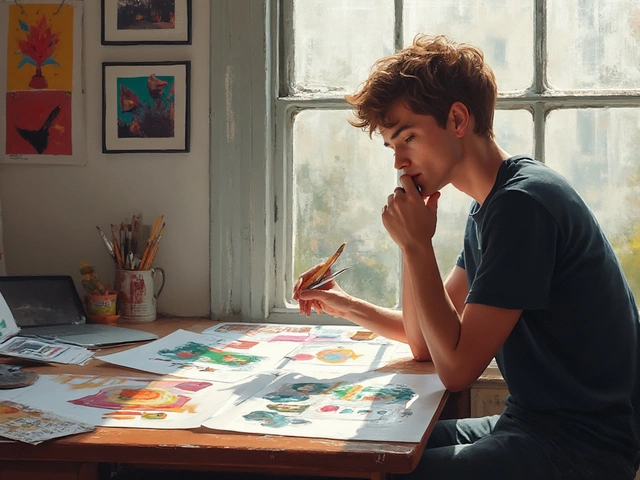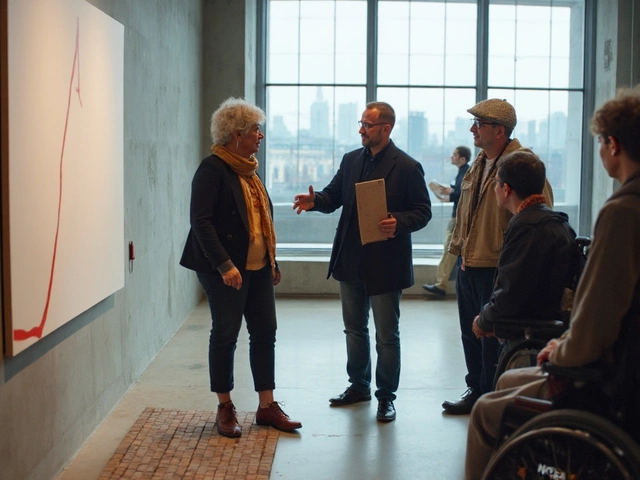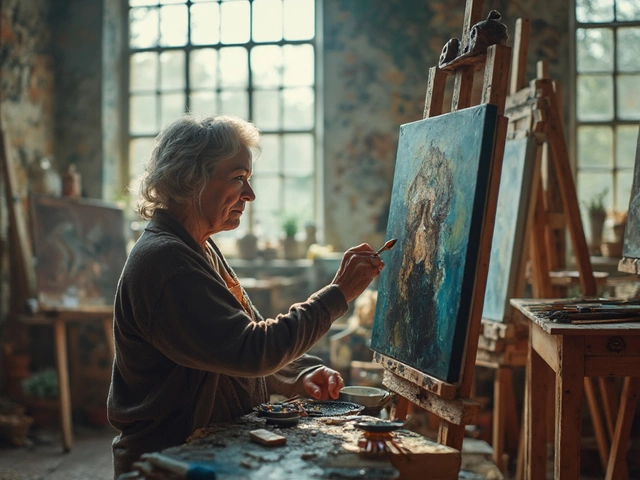Art Legality: Simple Guide for Creators
Ever wonder if you could get in trouble for posting a painting online or selling a print? The law around art can feel confusing, but you don’t need a law degree to stay safe. Below are the must‑know rules that keep your work protected and your business running smoothly.
Copyright & Fair Use
As soon as you create a drawing, painting, or digital piece, you own the copyright. That means nobody can copy, sell, or display it without your permission. Registering the work with your national copyright office isn’t required, but it gives you extra legal firepower if you ever need to sue.
Fair use is a limited exception that lets others quote short parts of your work for criticism, news, or education. The key factors are purpose, amount used, and market impact. If someone uses a tiny detail of your painting in a blog post, it’s usually okay. But a full‑resolution image posted for profit is not.
Licensing, Contracts, and Selling Safely
When you let a company use your artwork on a product, you’re creating a license. A good license spell out the scope (where, how long, and for what media), payment terms, and who owns any new versions that result. Always get the agreement in writing – email works, but a signed contract is best.
Online platforms like Etsy or Redbubble have their own terms. Read them carefully because they often claim a share of the rights to the images you upload. If you only want to sell prints, choose a platform that lets you retain full copyright.
When you sign a commission contract with a client, define who owns the final piece. Some artists keep the copyright and grant the buyer a limited display right; others transfer full ownership. Decide what works for you and write it down before you start.
Protecting digital art is a real challenge. Watermark low‑resolution previews, keep original files backed up, and use metadata to embed your name. If someone steals a high‑resolution file, you’ll have proof it started with you.
Common pitfalls include using copyrighted images in your work without permission and sharing full‑size files for free. Both can lead to takedown notices or even lawsuits. When in doubt, create your own reference material or buy a commercial license.
Resources are easy to find. Many countries offer free online copyright guides, and organizations like the Artists Rights Society provide templates for licenses and contracts. A quick chat with a specialist attorney can save you hours of trouble later.
Bottom line: treat your art like any other business asset. Register, license, and contract wisely, and you’ll spend more time creating and less time worrying about legal headaches.
Is Street Art Legal or Illegal? Unveiling the Truth
Street art sits at a curious intersection between creativity and legality. In some cities, it's celebrated as a form of cultural expression, while in others, it's seen as vandalism. This article delves into the nuances of street art legality, offering insights into how different regions handle this vibrant art form. It explores how artists can legally share their work and the consequences they may face when crossing the line.
Continue Reading




